Hillary Clinton Emails: A Timeline of What Rules Were Allegedly Ignored
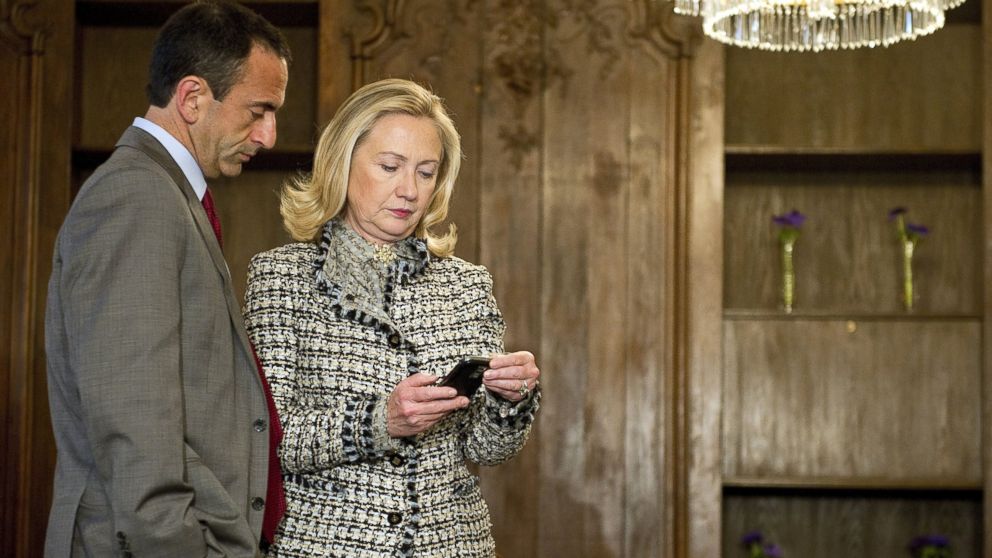
Hillary Clinton’s use of a private email system rather than a government-run account while serving as Secretary of State has raised questions about what rules she may have broken, whether she knew she was in violation, and who else knew about her private system.
ABC News has now identified at least two ways in which Clinton may have broken federal rules. During her tenure at the State Department
she appears to have violated an existing 2005 rule. And after her
tenure, it appears that she did not heed a 2013 rule change that may
have put her in violation.
For her part, Clinton recently tweeted that she "want[s] the public to
see my email" -- but that process will take months and will only apply
to email that her team self-selected to hand over to the State
Department.
Here is a full timeline of Clinton's history with email, the federal
guidelines that theoretically applied to her when she took office, and
the events of this week.
2000
Hillary Clinton was recorded telling a donor that she didn't like using email.
Home video footage from 2000, shot at a fundraiser by a donor, Peter
Paul, showed then-Sen. Clinton talking about how she had chosen to avoid
email for fear of leaving a paper trail.
"As much as I’ve been investigated and all of that, you know, why would
I?-- I don’t even want-- Why would I ever want to do e-mail?" Clinton
said.
"Can you imagine?" she asked.
2005
The Foreign Affairs Manual was codified by the State Department, which
ruled in 2005 that employees could only use private email accounts for
official business if they turned those emails over to be entered into
government computers.
That ruling also forbade State Department employees from including "sensitive but unclassified" information on private email, except for some very narrow exceptions.
2007
In the midst of the 2008 presidential race, Clinton took a jab at the
Bush administration's use of non-governmental email accounts.
"Our Constitution is being shredded. We know about the secret wiretaps. We know about secret military tribunals, the secret White House email accounts," Clinton said in a 2007 campaign speech.
2008
Much of the mystery surrounding Clinton’s emails came from the fact that
an IP address associated with the clintonemail.com domain she is
believed to have used was registered to a person named Eric Hoteham on
Feb. 1, 2008. No public records matching that individual can be found
and it is possible that it was simply a misspelling of the name Eric
Hothem, a former aide to Clinton while she was first lady. An Eric
Hothem is now listed as an employee at JP Morgan in Washington, D.C.
The IP address for clintonemail.com, along with others registered in
Hoteham’s name, are all connected to the Clinton’s address in Chappaqua,
New York.
2009
Justin Cooper, a longtime aide to former President Bill Clinton,
registered the clintonemail.com domain on Jan. 13, a little more than a
week before Hillary Clinton took office as secretary of state on Jan.
21.
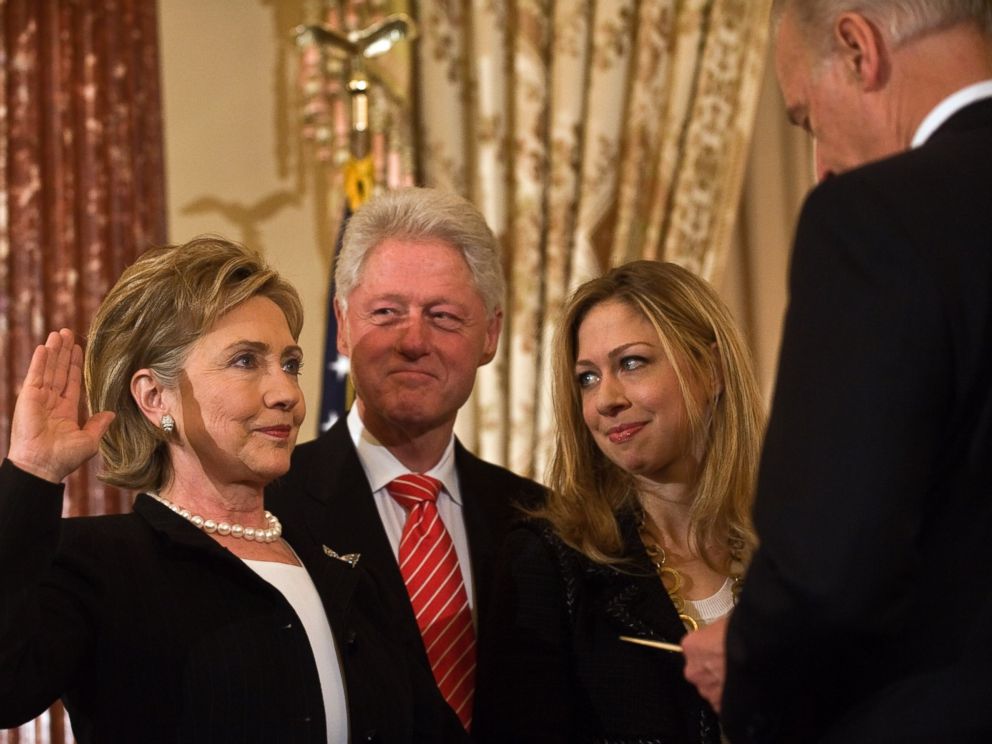
It was also a year when another rule went into place regarding the use
of private email. According to the U.S. Code of Federal Regulations in
2009, if an agency allows its employees to use a personal email account,
it must ensure that the emails are “preserved in the appropriate agency
recordkeeping system.”
Questions remain about what the National Archives considers an “appropriate agency recordkeeping system” and if they believe Clinton, who did not hand over any emails until last year, was in compliance with it.
2012
Clinton was not the only one in the diplomatic service to use a personal
email account, but it appears that someone else got in trouble for
their habit.
As part of a 2012 report by the Office of the Inspector General, the then-Ambassador to Kenya Scott Gration was reprimanded for using private email and other issues.
The report suggested his "use of commercial email for official
government business" amounted to a failure to "adhere to department
regulations and government information security standards."
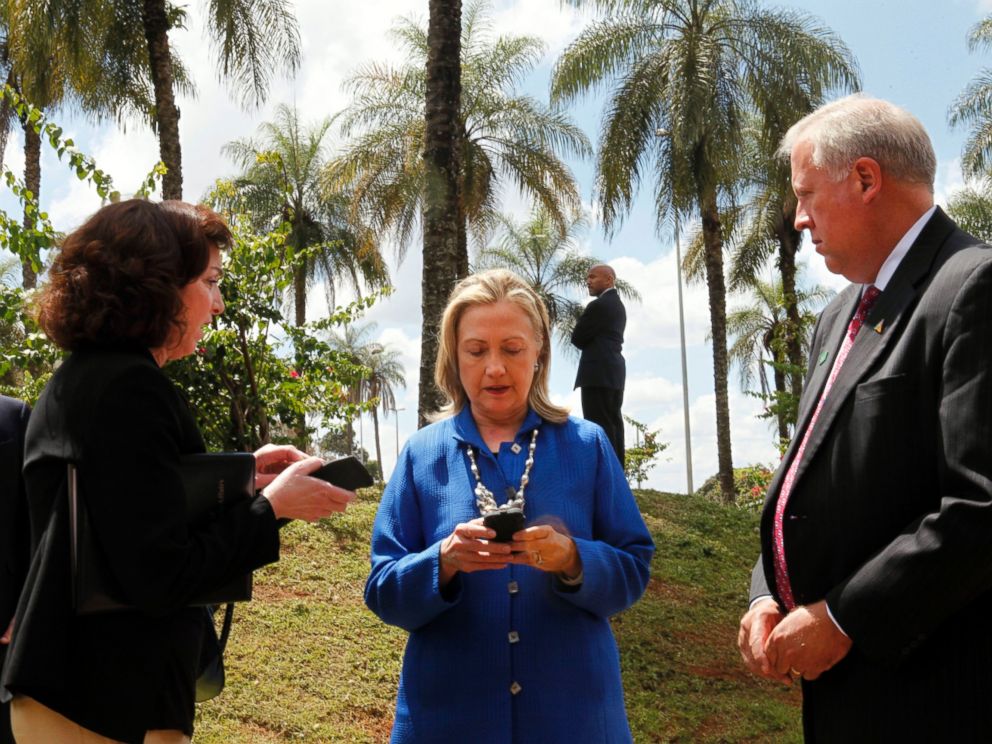
2013
Clinton stepped down from the State Department on Feb. 1.
Later that year, the National Archives updated their guidelines to say
that agency employees should generally only use personal email accounts
in “emergency situations.” If an employee does use a personal account,
all of the emails must be preserved in “accordance with agency
recordkeeping practices.”
2014
President Obama signed the Federal Records Act into law in late
November, requiring the head of each agency to "make and preserve
records containing adequate and proper documentation of the
organization, functions, policies, decisions, procedures and essential
transactions of the agency."
The realization that Clinton’s emails were not recorded at the State
Department appears to have been made in two steps. According to a timeline
from the New York Times, first, the Congressional Committee
investigating the Benghazi attack asked the State Department for all
relevant emails. At that point, the State Department asked for Clinton
to turn over all of her non-personal emails from her time as secretary.
She handed over 55,000 pages of emails late in 2014.
The State Department also asked other former secretaries of state to turn over government-related emails for preservation.
2015
The New York Times reports that, in mid-February, Clinton handed over more than 300 emails to the House committee investigating the Benghazi, Libya, consulate attack.
Clinton’s use of a private email address does not become public
knowledge until the New York Times reported on it Tuesday, March 3.
Clinton’s team insisted she acted in the spirit of the laws governing
email use.
After growing pressure, Clinton asks the State Department to release her emails.
I want the public to see my email. I asked State to release them. They said they will review them for release as soon as possible.
— Hillary Clinton (@HillaryClinton) March 5, 2015
Citing the labor required to review the emails, the State Department said the emails will not be released for “several months.”
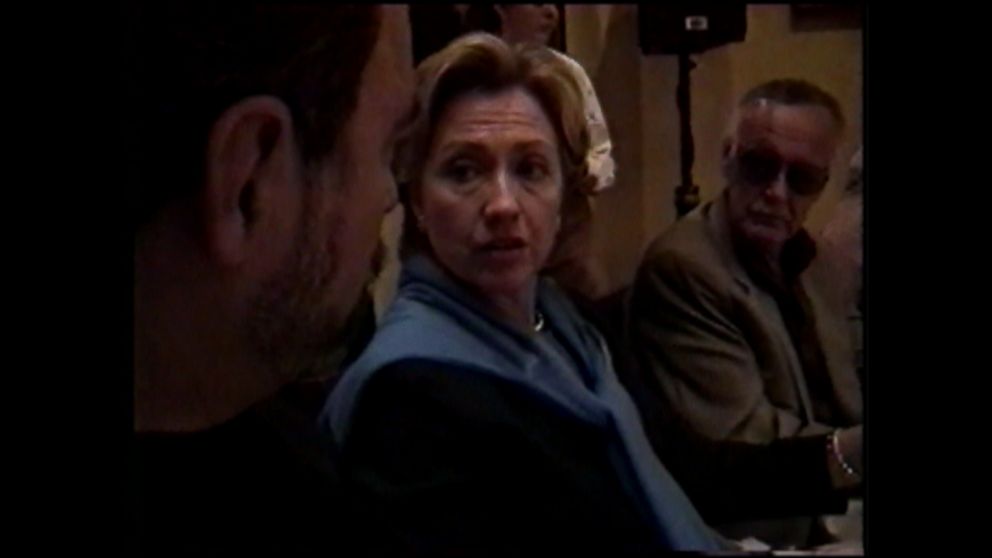
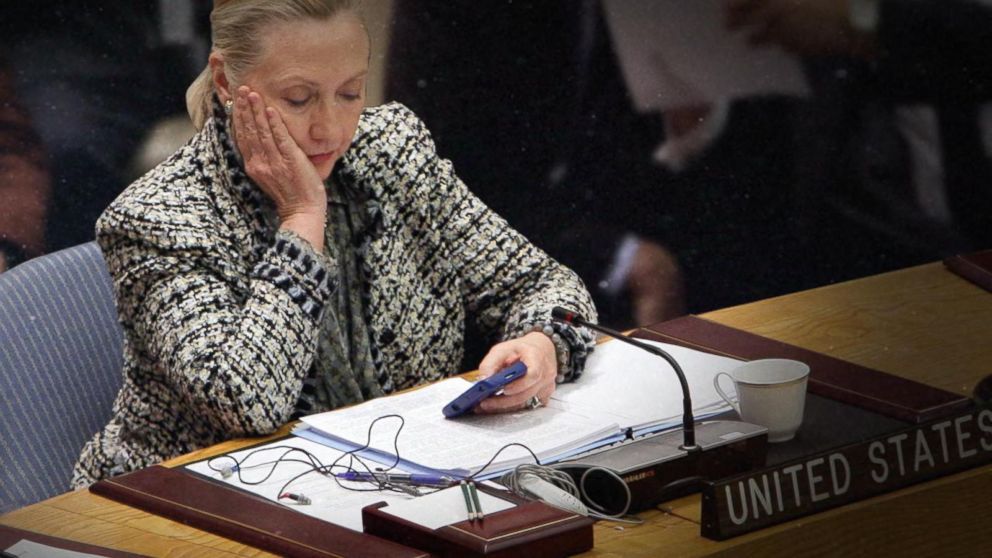



Comments
Post a Comment